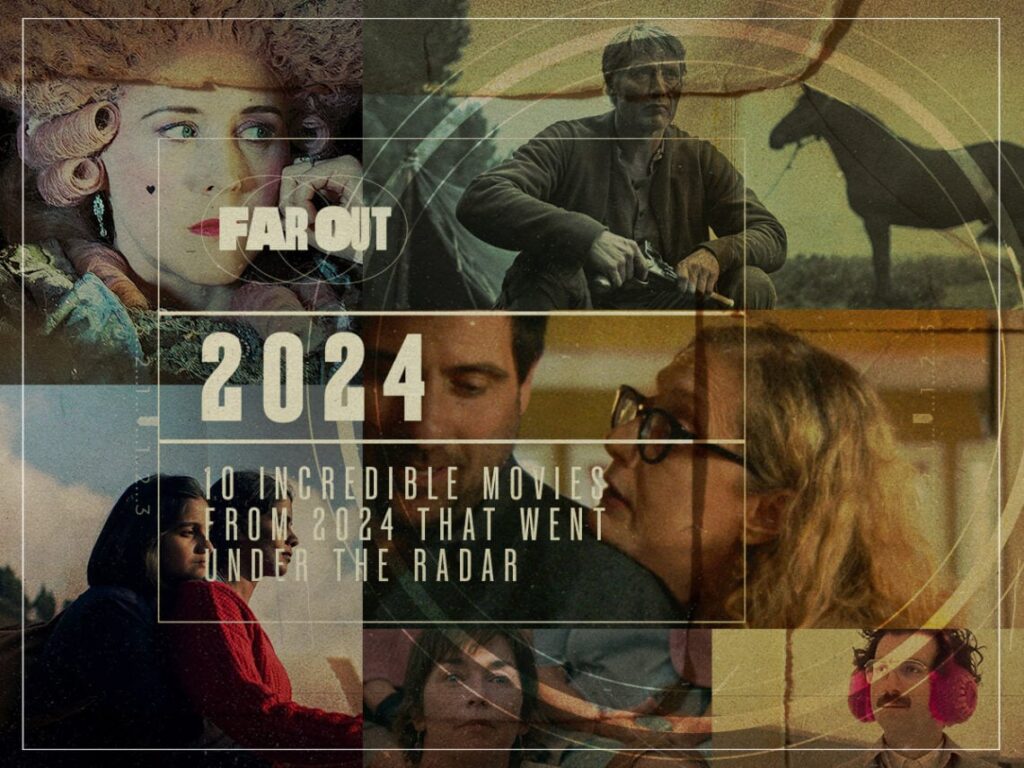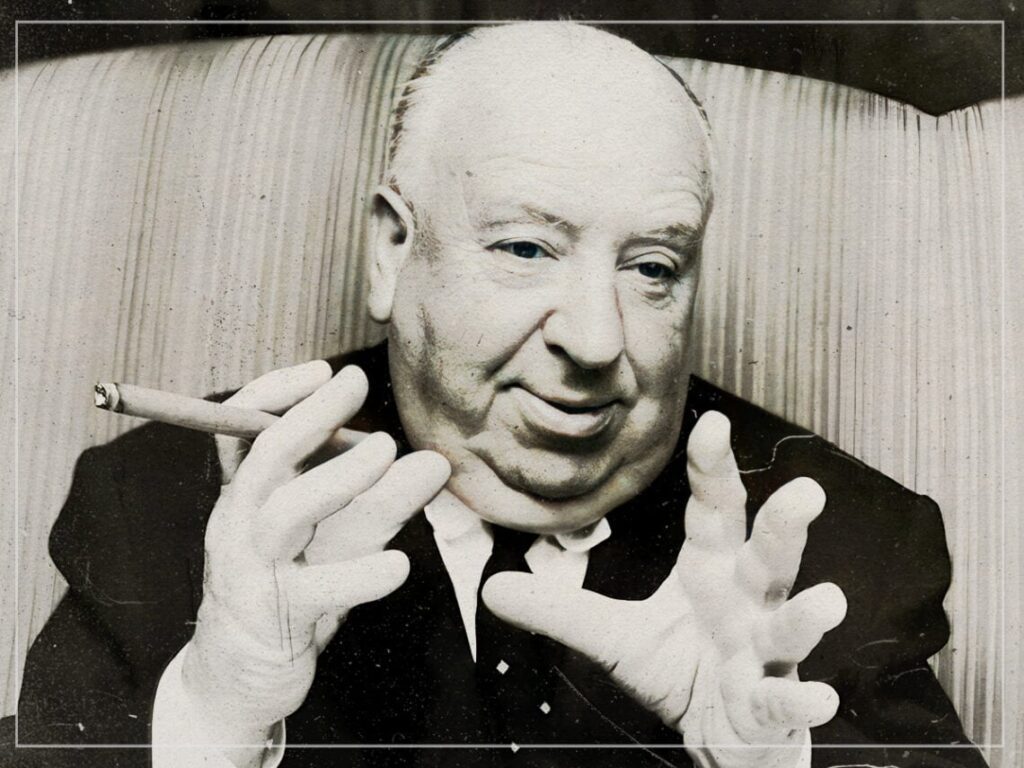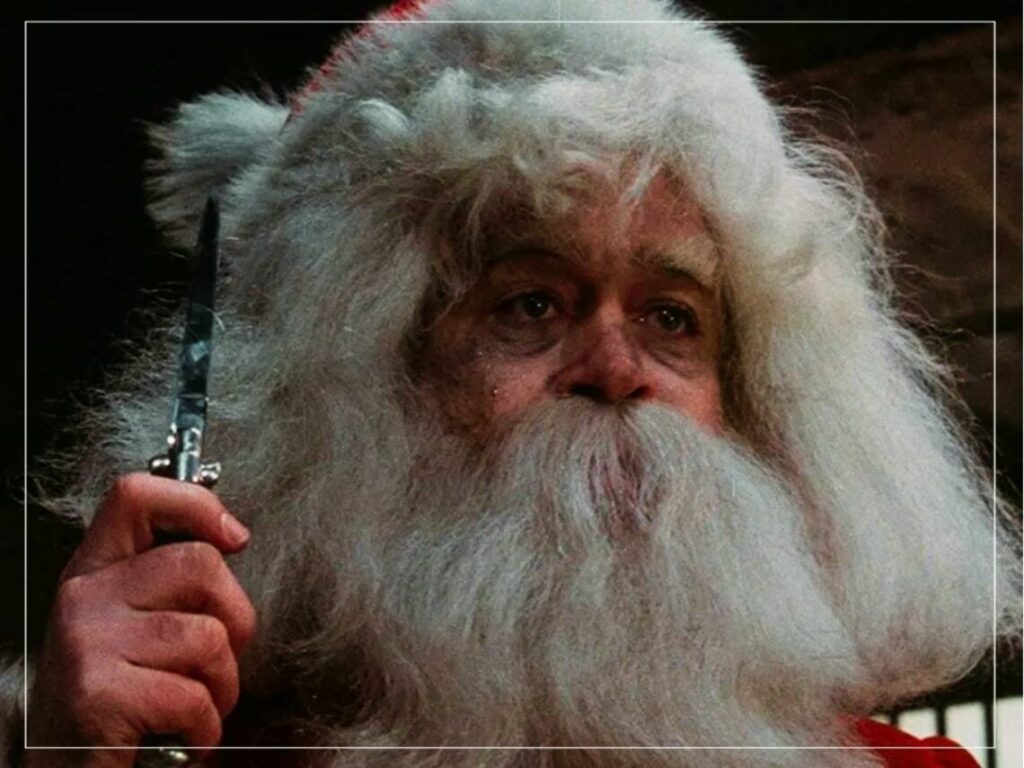Curtis Braly Is Out There on His Latest Single 'That Should Be Me'
“I get excited, nervous, scared out of my mind, and I feel them all at once,” Curtis Braly says about releasing new music. But this time seems especially important because he’s using this opportunity to address his experience as a gay country artist.
“If you’re looking for the love of your life – or just looking for the love of your night – baby, that should be me,” Braly sings on his jaunty new single, “That Should Be Me.” This good-natured swagger has a serious undertone, though, as his overall aim is “about championing all of the outsiders and misfits who look to the naked eye like they don’t belong, but I want them to know that they do,” he says. “That’s the overall story that I’m trying to tell and prove with this song and music video.”
Braly knows this bold approach might be a provocative move, as being an openly gay artist isn’t common in country. “Sometimes, if you want people to really pay attention to your message, you have to shock them,” he says. “That’s what I wanted to do with this because I thought if I can do something that turns some heads and gets people talking, whether it’s good or bad, that’s what starts the conversation and progresses things along.”
This isn’t the first time that Braly has faced potential adversaries head-on.
Growing up in Houston, he recalls performing songs for his parents when he was very young, but then becoming introverted in grade school. “I found myself not fitting in with my peers. I was bullied all the time. It still brings back horrible memories,” he admits.
When Braly was in eighth grade, a teacher urged him to perform a song at his school’s talent show, but he initially refused: “I told her, ‘There’s no way I’m going to do that because that means I have to get up in front of the exact same people who mentally abuse me every day. Why would I put myself through that?’” The teacher continued encouraging him until he relented.
That performance was revelatory for Braly. “That moment literally changed the course of my life,” he says. “I did my song, and when it came to an end, all of these kids who I thought hated me took to their feet, clapping and chanting my name, and it was an overwhelming feeling of, ‘Oh my God, the love that I’m feeling from these people is nothing I’ve ever felt before.’ I realized at that moment, ‘This is how I connect with people. This is what I have to do with the rest of my life: I have to be entertaining.”
Braly went on to win a national talent contest, and the prize was a trip to Nashville to record a two-song demo in a studio. While that experience paved the way for his 2005 debut release, Second Chance, being in the Music City also revealed deep-rooted homophobia within the country music scene.
“It was talked about a lot in the [music] industry that there was absolutely no place for a gay artist in country music,” Braly says, “so it was ingrained in my head, ‘You can either be in country music, or you can be gay, but you cannot be both.’ That really pushed me further into the closet. I was so scared about being outed and the thing that I had dreamed about my entire life being swept right out from under my feet.”
As a result, Braly was careful with how he proceeded with his career, not releasing more material until 2013.
Eventually, though, Braly felt ready to come out –and has been gratified to find that most people are accepting. “There are a ton of country fans out there who are very progressive,” he says. “They’re very loving and compassionate and caring people, and they really don’t give a flip if I’m gay, straight, bi, purple, grey, pink — it doesn’t matter. They want to listen to good music. They want to go to a concert and be removed from their reality for an hour and a half and just have the time of their life. That’s all they care about.”
With that in mind, Braly creates crowd-pleasing country music that incorporates elements of pop, rock, and jazz, as evidenced on his two albums, an EP, and more than a dozen singles so far. “I think country music has evolved into something that hits a chord with most people,” he says. “It’s got a little bit of so many different genres that all combine together nowadays, which I think is super cool, and it helps broaden the demographic for people who will enjoy it.”
With an honest and direct approach — especially with “That Should Be Me” — Braly is determined to help expand country music even further. This latest release is, he says, is “an opportunity to remind ourselves of how far we have come, but also show how far we still need to go within the country music genre, and within society overall.”


